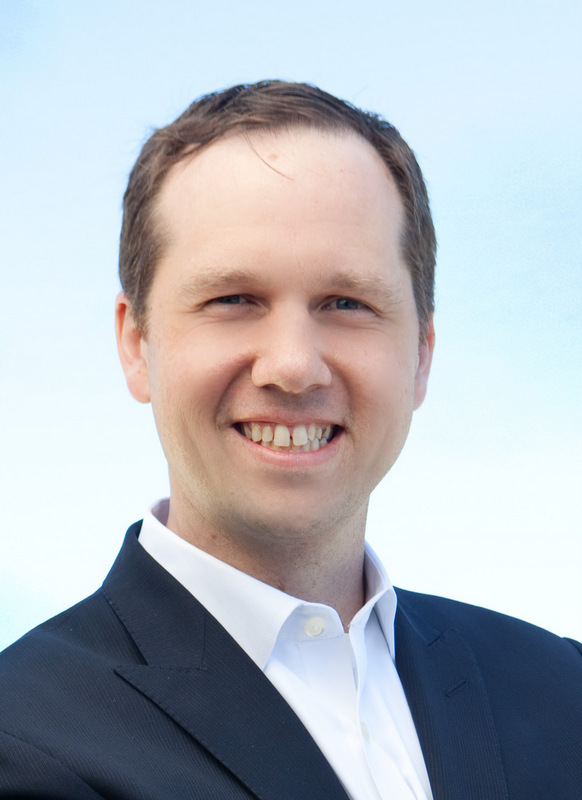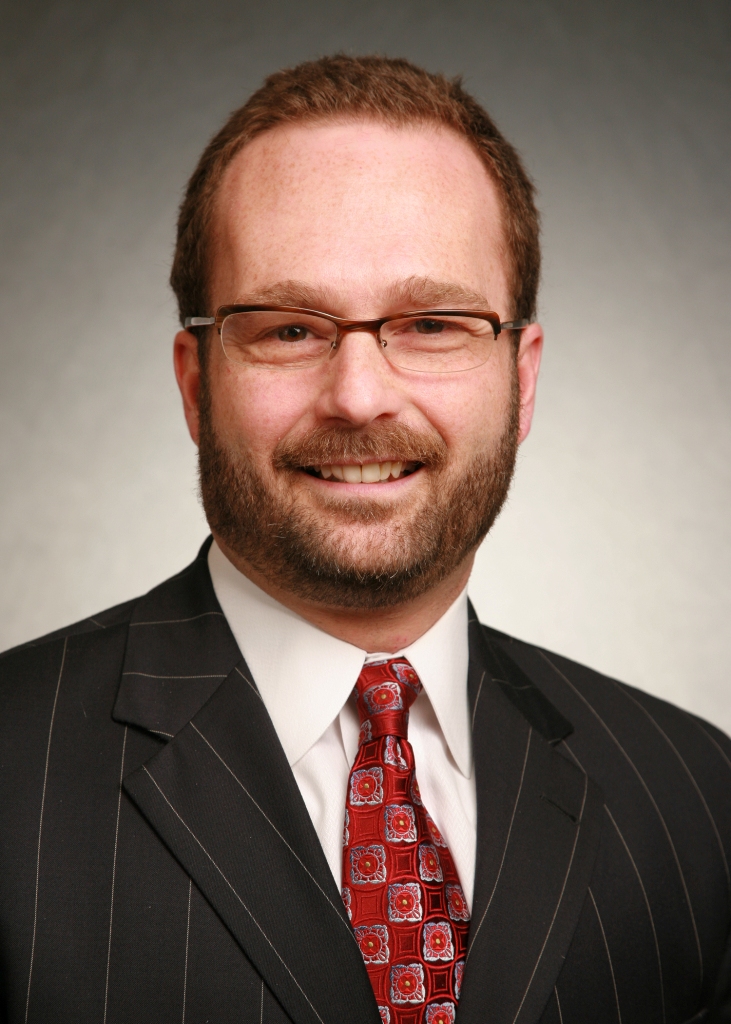MissionPoint Health Partners is out to change healthcare. The clinically integrated network and accountable care organization founded by Nashville, Tenn.-based Saint Thomas Health and local physicians is doing unique things to improve the health and well-being of its members and community — all while lowering the cost of healthcare.
For example, the ACO has a partnership with the YMCA of Middle Tennessee, offering its patients free access to the Y. Additionally, MissionPoint partnered with Nashville Commits, an initiative aimed at increasing the number of college and workforce-ready high school graduates by 2020. Though the partnership, MissionPoint will provide wellness programs and education, among other services, to some public schools.
Those are just two examples of how the ACO is using some unorthodox and not-so-clinical strategies to achieve the triple aim of improved healthcare outcomes and patient experience while lowering cost. Under its young and diverse leadership team, the ACO experienced 12 percent savings on its first 15,000 covered lives and added four of Capella Healthcare's hospitals to its network.
Much of this success can be attributed to the leadership team comprised of people with diverse backgrounds and experiences who have the willingness to think outside the healthcare box. The ACO's leaders bring unique sensibilities to improve how healthcare is delivered in their market.
 For instance, Jason Dinger, CEO of MissionPoint [pictured right], has working in consulting for companies such as FedEx, Caterpillar Financial and the World Bank before entering the healthcare space. Jordan Asher, MD, MS, the CMO and chief integration officer, has years of experience as a practicing internal medicine physician. And Phoebe Yang, chief strategy architect, spent time in media, technology and the government before she entered the healthcare space.
For instance, Jason Dinger, CEO of MissionPoint [pictured right], has working in consulting for companies such as FedEx, Caterpillar Financial and the World Bank before entering the healthcare space. Jordan Asher, MD, MS, the CMO and chief integration officer, has years of experience as a practicing internal medicine physician. And Phoebe Yang, chief strategy architect, spent time in media, technology and the government before she entered the healthcare space.
Here, Mr. Dinger, Dr. Asher and Ms. Yang discuss how their backgrounds, ages and experiences, and philosophy of servant leadership have led to the success of MissionPoint.
Question: Mike Schatzlein, MD, CEO of Saint Thomas Health, has said the MissionPoint leadership team "threw out the book and had the courage to start from scratch." Where did that confidence or courage come from?
Dr. Jordan Asher [pictured left]: Maybe not knowing any better [laughs]. I guess for me where it stems from, we're not really throwing the book out. I practiced [medicine] for 13 years, and got a chance to see what I felt my  patients [needed] and what I wasn't able to give them based on how the model is set up. What they were really asking of me was to be a partner in their overall health status, which is so much more than taking care of their medical problems. It drove me to think from a different perspective. I don't think we've invented a new wheel, we just took the time to say, 'How do we take things that have shown to be better? How do we reframe what we do and why we do it?'
patients [needed] and what I wasn't able to give them based on how the model is set up. What they were really asking of me was to be a partner in their overall health status, which is so much more than taking care of their medical problems. It drove me to think from a different perspective. I don't think we've invented a new wheel, we just took the time to say, 'How do we take things that have shown to be better? How do we reframe what we do and why we do it?'
Jason Dinger: As an organization in an academic sense, I think we have worked hard not to make any assumptions — or at least to question those assumptions and test them. We didn't build a strategy based on our capabilities, we based it on what we were hearing the market wanted. In legacy industries like healthcare, we always have a tendency to try to leverage our capabilities. But what we did early on was interview patients, employers, etc. [We] did what we could to see what the market was looking for and respond the best we could. We aspire to change how people think about healthcare, more than changing healthcare.
Phoebe Yang: We're at a unique inflection point in the industry that requires innovation and creativity, and it also requires courage. Dr. Schatzlein is very humble, but he had the courage to say, 'Go do it and figure it out.' Jason Dinger and Jordan Asher were smart enough to say, 'Let's talk to everyone who would be a stakeholder in the system and figure out what their motivations and what their headaches are.' Then our team took those data points and perspectives and crafted a new model for delivering ca re. The team here did that and, unlike others in our space, we built it from nothing. As with anything new, you're going to make some mistakes or find it needs to be tweaked. This team has been great at pivoting, trying to do it better, and learning from its inadvertent discoveries to come up with an even better model.
re. The team here did that and, unlike others in our space, we built it from nothing. As with anything new, you're going to make some mistakes or find it needs to be tweaked. This team has been great at pivoting, trying to do it better, and learning from its inadvertent discoveries to come up with an even better model.
Q: How would you describe the culture of the leadership at MissionPoint?
JD: [There's] a real aspirational quality around our culture, and I think there's a quality of learning and empathy. As an example, during onboarding, everyone takes a strengths-finder test. People here score high in empathy and [also score] as learners. That defines our culture in a material way.
The other thing is that because of the nature of MissionPoint, it's a broad organization that's thinking about physician, member and client relationships in new and different ways. Because of that, I think there's a propensity toward innovation.
JA: From a leadership standpoint, our senior leadership and middle management have bought into the concept of servant leadership. Part of what they strive to do is [find out] how people they're leading want to grow in their vocation. That does create a markedly different culture when leadership says, 'How do I get the best out of you below me, but also be a servant to your needs and your growth?'
PY: It's a highly collaborative culture in which good ideas are at a premium and people value them. It's interesting for me coming out of other industries earlier in my career — I've seen a lot of cultures at work. Some can be more abrasive or cutthroat, and often that isn't good for people, and it's not what's best for the business either.
At MissionPoint, we all have our personal aspirations and challenges, but we're able to work from them and do what is best for our patients. The overriding culture is intelligent and passionate about our members. We don't see them as a widget or a financial unit driving our business. When you meet people at MissionPoint, you see there's a deep and abiding desire underpinning all we do to address those human issues that become barriers to full life and health for real people. It infuses the entire organization.
Q: Most everyone on the leadership team is on the younger side. Do you think age contributes to the culture there?
JD: I think we have a wide diversity of folks. Some of that is represented in age, but it's more a diversity of thought and experience. That being said, I think there's always an orientation when you're newer to an arena — you have fewer preconceived notions and probably are a little more aggressive because you haven't seen the things others have seen. I see those qualities represented in members of our team.
JA: We're younger in age, but older in [our] ability from an analytic thinking standpoint. We don't hire people based on age. Probably what you would find is new ways to thinking about things migrate to people who are thinking differently, and sometimes age can be a factor in that.
PY: Relatively speaking, we have a fairly young leadership team as compared to much of the healthcare industry. I think there's a great sense of possibility and optimism at this age, but we are hopefully experienced enough to have wisdom too. It's a nice mix. With wisdom comes personal humility and professional confidence. What we care most about is having healthy members and employees and clients. That's our passion, but we do it in a way that creates relationship and not simply consumerism.
Q: How would you describe your leadership philosophies?
JA: It goes back to servant leadership — how I can use the gift revealed to me to help others find and use their gifts. It's less about the work we do and more about how we're working and growing on our personal journey.
JD: We are blessed and endowed with so many opportunities as leaders. My philosophy is to both make sure those gifts are applied and served to others in the community, and at the same time applied in a way that responds to the core gifts we have. I think the shared quality we have as a leadership team and organization is that we're deeply committed to doing what we can in a personal way to help those that we serve.
PY: Generally, it's to hire really smart people who care deeply about what they're doing and equip them, mentor them and give them opportunities to grow and advance. No one on the team is too senior to do the hard work and no one is too junior to have a great idea. We try to create a culture of true camaraderie and service. We function as a holistic team. That's what I — we all — aim for.


